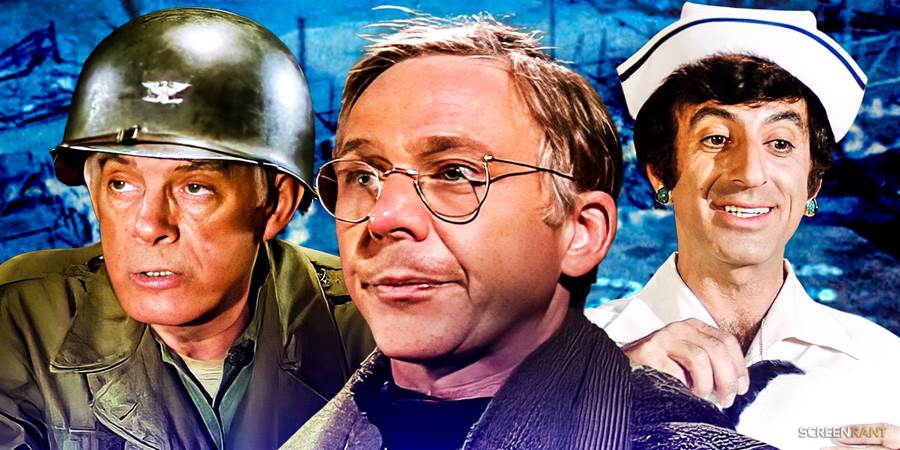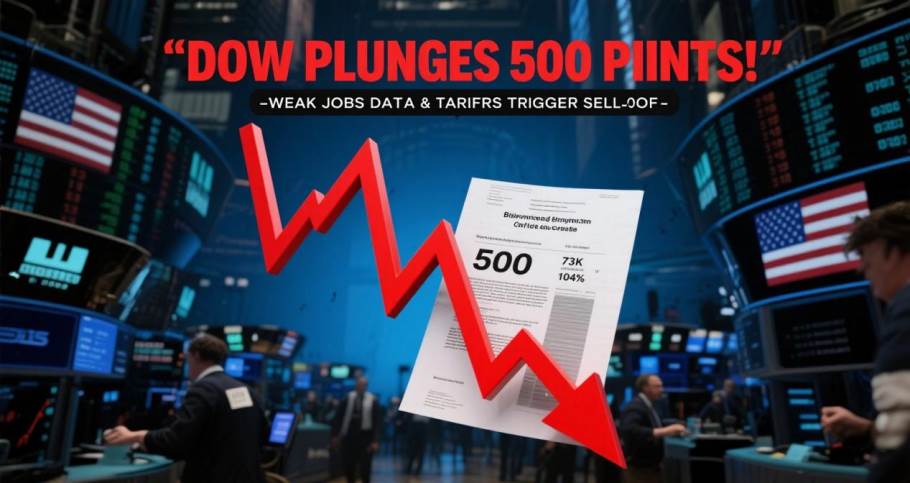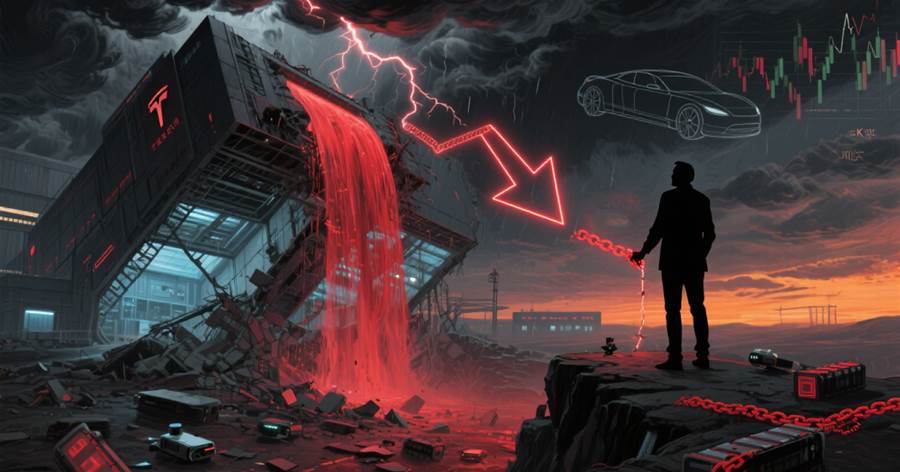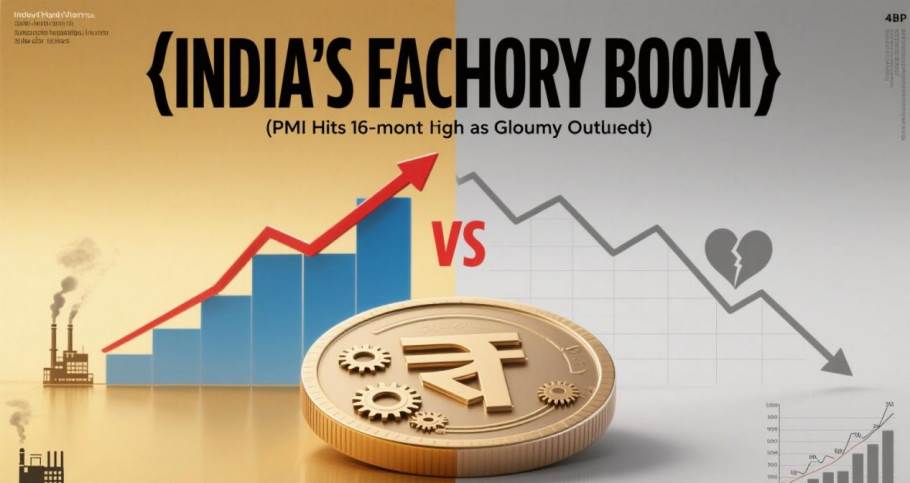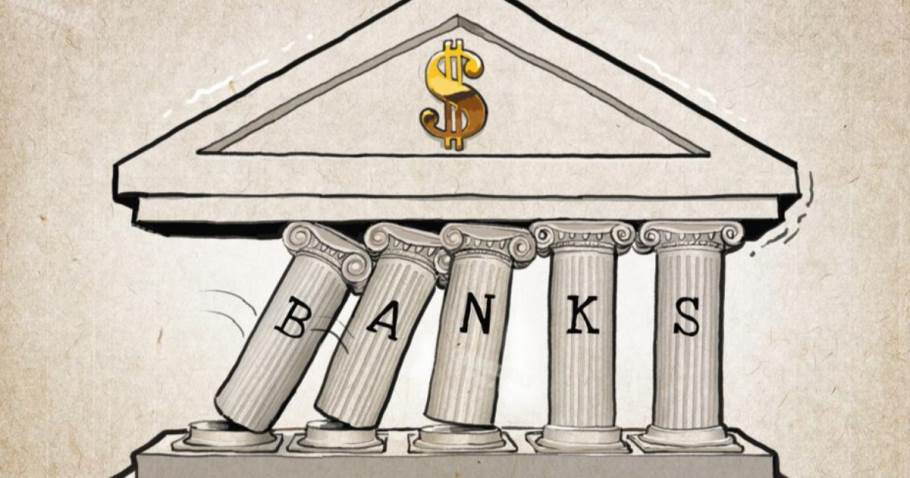The MASH Cast's Bold Decision:The Cast Vote That Led to TV's Biggest Blunder!😱 🔥
The Big Decision
In the annals of TV history, few decisions have been as pivotal—and controversial—as the vote by the M*A*S*H cast to end the show after its eleventh season. Despite its enduring popularity, key cast members felt it was time to bow out gracefully. Alan Alda, Loretta Swit, and Mike Farrell were among those who believed the show had explored all its potential storylines. "We'd exhausted the storylines," executive producer Burt Metcalfe explained.
"The actors wanted to move on with their careers." This decision arguably helped the final season shine, with the cast determined to end on a high note.
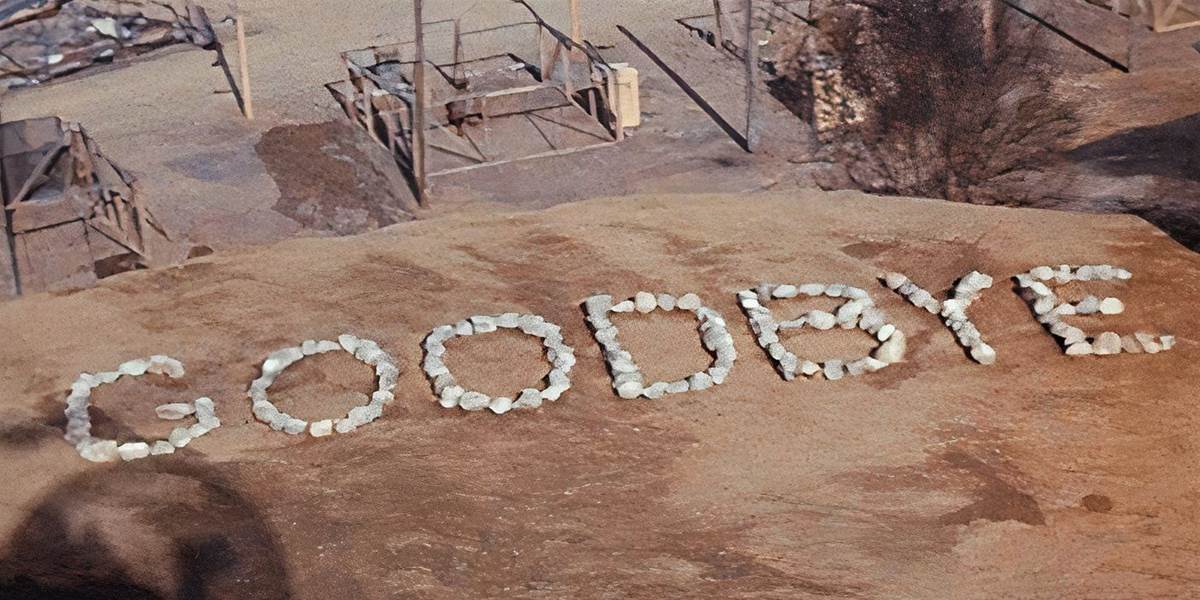
AfterMASH: A Controversial Continuation
Not everyone was ready to say goodbye. Jamie Farr, William Christopher, and Harry Morgan voted to continue, leading CBS to greenlight a spinoff: AfterMASH.
This new show followed Farr's Klinger, Christopher's Father Mulcahy, and Morgan's Dr. Potter in a veterans' hospital setting. The premise seemed promising—addressing post-war issues for veterans—but the execution faltered. The absence of big names like Alda was keenly felt, and the show's struggle to balance humor and drama left it in a precarious position from the start.
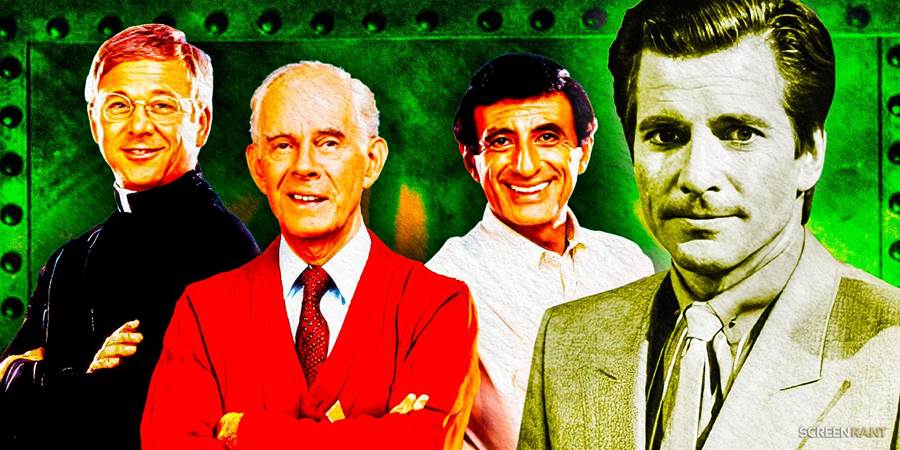
A Strong Start, But a Quick Decline
Initially, AfterMASH wasn't the failure it's often remembered as. The first season was a moderate success, even managing to bring back original MASH showrunner Larry Gelbart, who had initially bowed out due to burnout. The series ranked 15th for its debut season, a solid performance for a new show. However, CBS's dissatisfaction with these "modest" ratings led to ill-advised changes.
The article is not finished. Click on the next page to continue.
The article is not finished. Click on the next page to continue.
